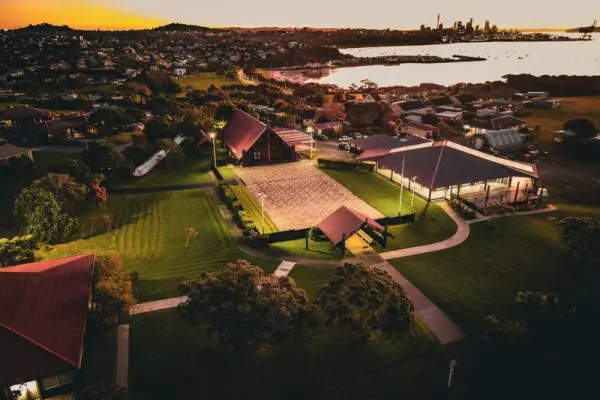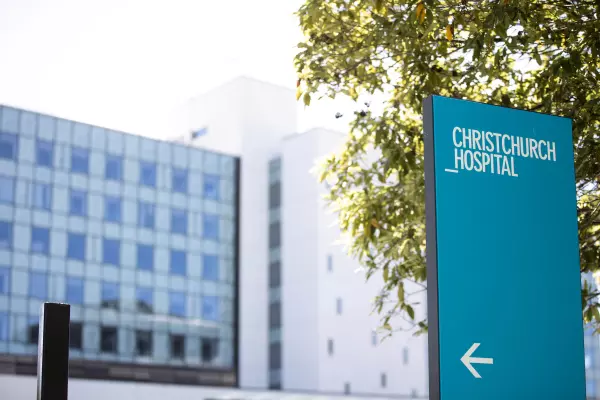Te Whatu Ora has hit out against the notion of racism in its workplaces in response to a survey of Māori healthcare staff in the South Island who said they’d experienced racism while at work.
Andrew Slater, chief people officer at Te Whatu Ora, said the report had already helped the department to focus on addressing inequity in the system.
“The experiences of racism which some staff who contributed to the survey highlighted were not OK then and are not OK now.
“Racism and discrimination have no place in Te Whatu Ora workplaces."
'People matter'
Slater said the survey was done before the formation of Te Whatu Ora – Health NZ and Te Aka Whai Ora – Māori Health Authority.
He said Te Whatu Ora is focused on changing the workplace culture to support a positive change for Māori health.
“Our people matter. They deserve to be able to come to work and to do their jobs safely, without fear of aggression, violence or racism.”
Te Whatu Ora has run a more recent survey of its staff, he said.
He said about 28,000 staff responded to a Pulse survey in December, with 73% saying that their values and cultural beliefs were respected by their team.
Slater said he was committed to ensuring Te Whatu Ora provided an environment where its staff felt safe, valued and respected.
Te Whatu Ora continued to invest in its workforce to ensure equity, such as partnering with the Mana Taurite – Equity, Diversity and Inclusion team in Te Whatu Ora –Waitaha Canterbury and Te Whatu Ora – Te Tai o Poutini West Coast, he said.
Mana Taurite has worked to encourage change and celebrate diversity with the goal of providing equity for staff.
Slater said the health workforce plan from Health NZ and the Māori Health Authority was a commitment to ensuring cultural change across their workforces.
The report was produced by the Tipu Mahi project, which was set up to find strategies to grow the Māori health workforce within DHBs in the South Island. It documented the Māori staff's experience from a survey last year.
Racism and discrimination
The survey findings highlighted the important impact that the wider workplace had on the experience and wellbeing of Māori staff. It found a range of distressing and harmful experiences – including experiences of isolation and the effects of racism.
Survey quantitative data showed experiences of racism or unfair treatment are common in the workplace, and support for these experiences was not often adequate.
Further qualitative findings from the survey suggested experiences of racism and discrimination came from a range of sources, including other staff and patients.
The report highlighted that some of the participants' experience of racism was less directed at them personally due to their features being ‘less visible’ as Māori.
Tipu Mahi’s analysis of survey data reinforced concerns that many health sector processes were not responsive to Māori at the time.
Many respondents to the Tipu Mahi survey reported culturally unresponsive or alienating experiences.
“Of significant concern from this survey are findings showing that the wider DHB environments were not culturally safe workplaces for many participants with a number of people reporting experiences of racism, isolation and harm.”
Tipu Mahi’s recommendations were to prioritise a culture change within the wider health sector environment embracing anti-racism.















